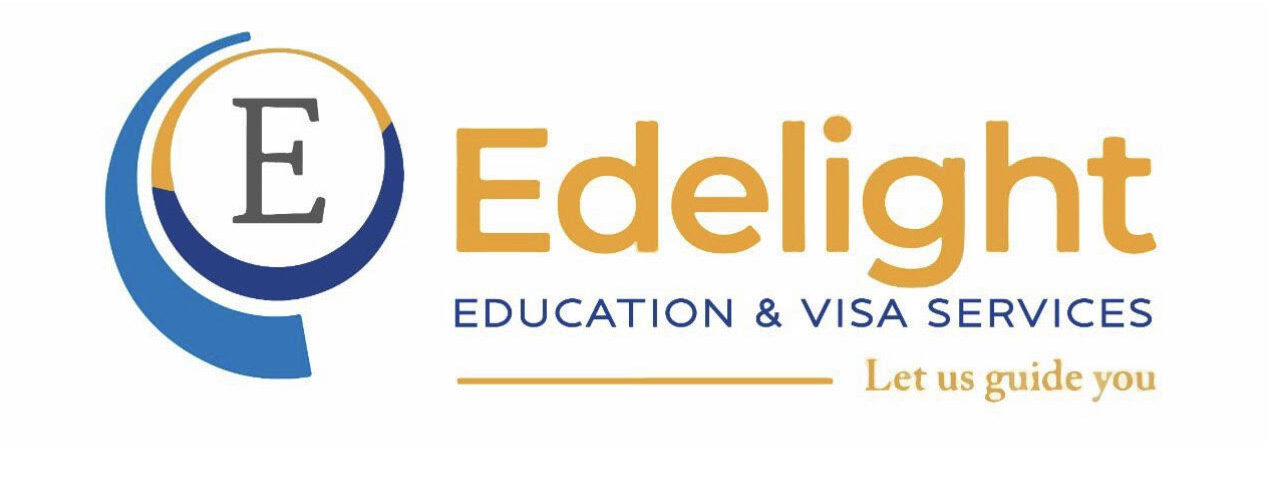About Canada
Canada For International Student
Canada is a popular destination for international students due to its high-quality education system, welcoming culture, and diverse landscape. The country is home to many top-ranked universities and colleges that offer a wide range of academic programs in various fields, including the arts, sciences, engineering, business, and healthcare.
International students in Canada can study at the undergraduate, graduate, or post-graduate level, and have the opportunity to gain valuable work experience through internships, co-op programs, or part-time employment.
BENEFITS OF STUDYING CANADA
WHY CANADA?
High-quality education
Diversity and inclusivity
Work opportunities
Post-study work permit
Safety and stability
Multilingualism
Natural beauty
Admission Requirement for International Student
Admission requirements for international students to study in Canada can vary depending on the institution and the program of study. However, there are some general requirements that most universities and colleges will expect international students to meet. These include:

- Language proficiency: Many institutions in Canada require proof of English language proficiency, such as TOEFL or IELTS, for admission.
- Educational qualifications: International students are usually required to have completed secondary school and/or have completed a certain number of years of post-secondary education in their home country.
- Transcripts: International students are required to submit official academic transcripts from all previously attended institutions.
- Test scores: Some programs may require specific test scores, such as the GRE or GMAT, depending on the program you are applying for.
- Recommendation letters: Some institutions may require letters of recommendation from teachers, professors, or supervisors.
- Personal statement or essay: Some institutions may require a personal statement or essay as part of the application process.
- Resume or CV: Some institutions may require a resume or CV, highlighting your work and volunteer experience.
- Proof of financial support: International students are required to provide proof of financial support for the duration of their studies in Canada.

BEST TIME TO STUDY
Intakes in Cananda
- Fall Intake
- Winter Intake
- Summer Intake
Fall intake is the most common intake period for international students in Canada. Classes typically begin in September and run until the end of April or early May, with a break for the winter holidays.
International students who are applying for fall intake should typically begin the application process several months in advance, as some universities and colleges have early application deadlines.
Winter intake is a less common option for international students in Canada, but some universities and colleges do offer classes that begin in January. This allows international students to start their studies in the middle of the academic year, rather than waiting until September.
The application process for winter intake is similar to that of fall intake, but with different deadlines. International students should check with their desired institution for specific application deadlines.
Summer intake is a less common option for international students in Canada, but some universities and colleges do offer classes that begin in May or June. This allows international students to start their studies during the summer months, rather than waiting until September.
The application process for summer intake is similar to that of fall intake, but with different deadlines. International students should check with their desired institution for specific application deadlines
What is a Canada student visa?
A Canada student visa is a document that allows international students to study at a designated learning institution (DLI) in Canada.
What documents are required for a Canada student visa application?
Documents required for a Canada student visa application include proof of acceptance to a DLI, proof of financial support, a valid passport, and a study permit application fee.
Can I work while studying in Canada on a student visa?
Yes, international students are allowed to work part-time on campus and off campus with a valid study permit.
How long is a Canada student visa valid for?
A Canada student visa is generally valid for the length of the academic program, up to a maximum of three years.

- No Stress
- No Confusion
- Just Success
